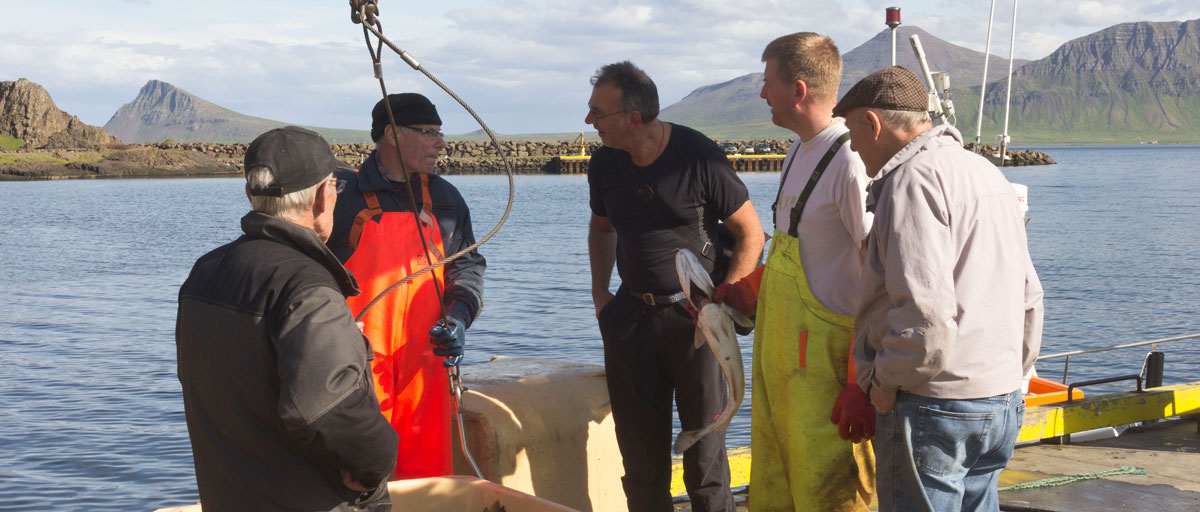Fishing strategy diversification and fishers' ecological dependency
Summary
Sustainable fisheries management plays a critical role in supporting healthy marine ecosystems and the livelihoods of millions of people. An emerging view on fisheries management emphasizes the need to manage fisheries as complex social-ecological systems. Yet, our understanding of the outcomes of fisheries management from a social-ecological perspective is limited in comparison to that provided by either the biophysical or the social perspective alone. In the Baltic Sea, management interventions focused on ecosystem recovery contributed to unintended changes from 1996 to 2009 in the fishing strategy diversity practiced by Swedish fishers. We evaluate how the changes in strategy diversification affected the capacity of Swedish fishers to adapt to future ecosystem changes. To do this, we constructed and analyzed social-ecological fisheries networks. Our analysis confirmed the previously reported development of a narrower combination of fishing strategies among large-scale fishers, parallel with a diversification in small-scale fishers’ strategies. However, the results demonstrated that switching fishing strategies has, in fact, increased in magnitude, and the fishers were more equally distributed in different fishing strategies in 2009 than in 1996. Further, we detected a development toward lower ecological dependency between fishing strategies within the community, although the strategies remained connected through ecological interactions. In conclusion, our analysis of the social-ecological interdependencies suggests that the previously reported changes in the fishing strategy diversity increased the adaptability of the Swedish Baltic Sea fishers to changing ecological conditions. On the other hand, the changes may have made the Baltic Sea more vulnerable to poor management. This empirical study emphasizes the importance of a social-ecological approach on fisheries research and management. Our results show that appreciating the complexity and changing nature of fisher behavior is crucial when assessing fisheries management outcomes, and when designing policies that aim to maintain adaptability in the uncertain and dynamic fish industry.







